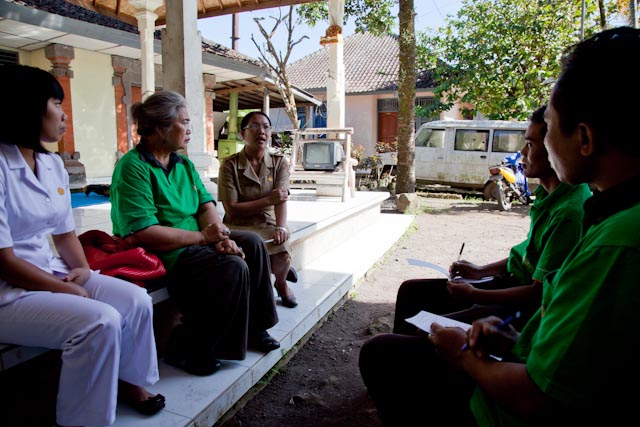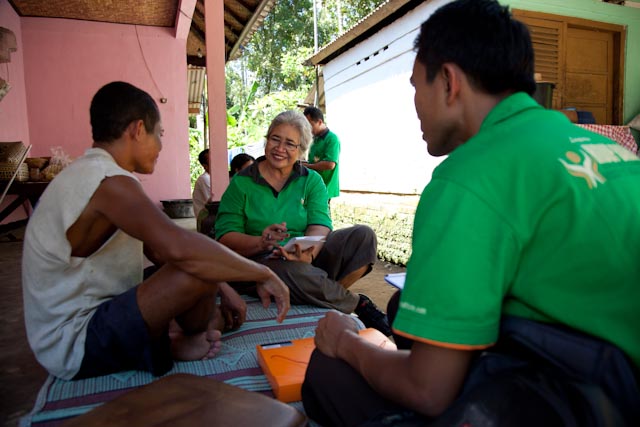There are nearly 54 million people around the world with severe mental disorders such as schizophrenia. People living in developing countries are disproportionately affected. Mental disorders are increasingly prevalent in developing countries, the consequence of persistent poverty-driven conditions, the demographic transition, conflicts in fragile states and natural disasters. At the same time, more than 50% of developing countries do not provide any care for persons with mental disorders in the community.
“Although community mental health services are likely to have less possibilities for neglect and violations of human rights, which are too often encountered in mental hospitals, but the priority of our government and the stigma among mental health provider still challenging”, said Professor Luh Ketut Suryani as she keeps her works in the community since 2006 and finding no significant helps from government and other funding bodies. For those reasons she tries to challange Rendang public health center in Karangasem to provide a community mental health service in their area.
The call for community mental health services is especially timely since, in spite of a clear message from WHO in 2001, only a few countries have made adequate progress in this area. Also, in many countries, closing of mental hospitals is not accompanied by the development of community services, leaving a service vacuum. The immediate challenge for low income countries is to use primary health care settings, particularly through community approaches that use low-cost, holistic, culturally sensitive and community-based strategies, a development of a mental health model can be achieved that offers a fair and effective service to the population as what the institute has been trying to work in this matter.



